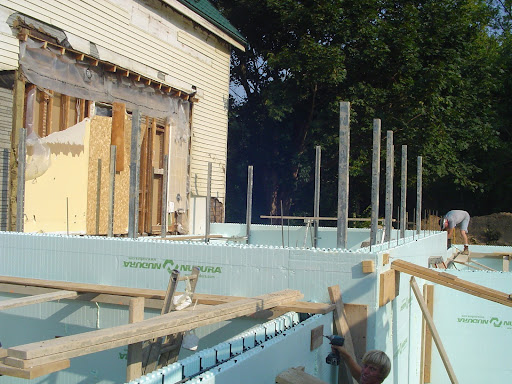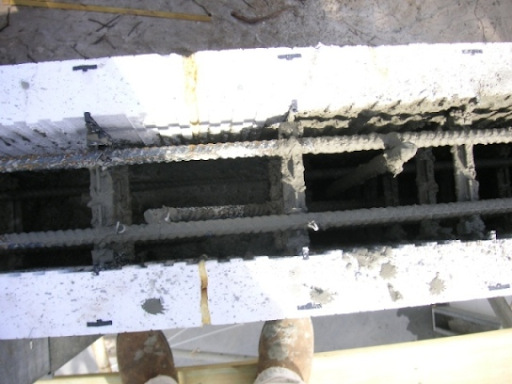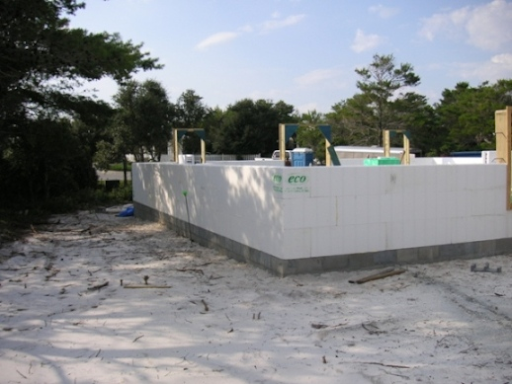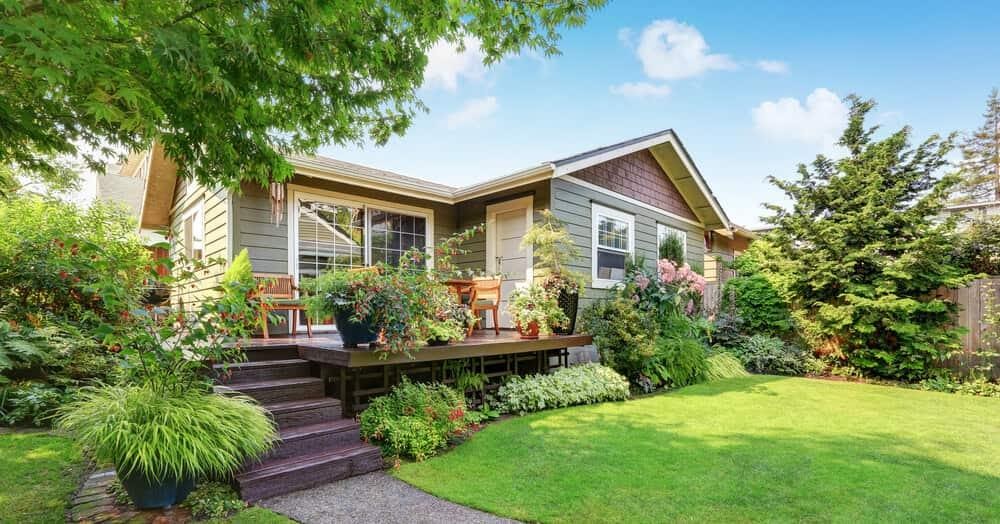
As homeowners shape their dream homes during construction, their homes end up shaping the kind of person they will become during inhabitation. However, too many homeowners take for granted that they don’t have a say in the literal shape of their home.
In other words, it's probably more economical and personable for you to build your home from scratch according to your needs than buying an old or newly constructed home.
Many people buy homes that are too expensive, too big for them, riddled with secret problems, or require more maintenance vigilance than they can handle. But let’s talk space – how much space do you need in your home?
The average mobile home contains less than 1,200 square feet of space.
The typical two-story modular or prefabricated home contains 1,500 to 2000 square feet of living space.
And the typical traditional site-built house contains at least 2,500 square feet.
So, why not build a home according to your needs? And why not build it incorporating the innovative construction material ICF blocks?
Insulated concrete forms blocks are a decades-old material and method of building homes. The easiest way to describe ICF blocks is to say that they are like hollow, plastic foam structural bracing that connects to each other like Lego blocks. And concrete is poured into the hollow spaces to build walls and structures from the ground up.
If you are building a one to three-story home from the ground
So, let’s further discuss ICF blocks and why they could be beneficial to your customized home construction needs.
Contact Home Nation today to get a professional consultation on mobile, modular, and site-built home construction according to your needs.
Related: The NEW Affordable Home
ICF Blocks – The Basics

Insulated concrete foam is an innovative construction system of rigid and hollow insulation blocks made out of expanded polystyrene. Expanded polystyrene is basically a high-density form of Styrofoam or a similar plastic product. An interlocking plastic webbing mesh field separates the two walls of the ICF blocks.
Most ICF blocks come in two general variations; an H-shaped ICF block can be a prefabricated interlocking block or separate panel walls that are connected with metal or plastic ties.
ICF construction blocks are constructed via their inherent interlocking system. Home construction experts tightly construct ICF blocks, almost like the connection of Lego pieces. The ICF blocks are used to build the preliminary structural form of the concrete walls that will eventually rise from the foundation. And this process is called creating an “integrated concrete form.”
The ICF blocks will become a permanent addition to the eventual concrete walls and structures. Once all of the ICF blocks are interconnected and assembled, it’s time for the concrete. Concrete is then poured into the hollow areas between the ICF block walls, which contain the plastic webbing mesh.
And the use of ICF blocks is just an innovative continuation of the traditional concrete laying process. Concrete is traditionally poured into plywood or wood plank forms to cure and harden into walls, and then the wood forms are removed. The ICF blocks become a permanent part of the structure with the ICF process.
The ICF blocks finish like drywall siding after the concrete dries and cures. The ICF block system can include open-air spaces to accommodate wiring and plumbing systems later. Additional drywall or wood can be attached to the exposed ICF block on the interior walls. And lap siding, stucco, or bricks can cover up the exterior walls.
ICF Block Origins
The first ICF block construction systems utilizing treated wooden blocks to pour cast-in-place reinforced concrete walls were probably originally conceptualized by Swiss construction engineers in the World War II era. And after World War II, various chemical corporations began experimenting with developing ICF blocks.
However, Werner Gregori filed the first patent for ICF blocks in the United States back in 1967. And the construction technology behind ICF has gone through periods of revolutionary innovation ever since then.
Is ICF Block Construction Cost Beneficial?
ICF blocks cost about $110 to $250 per square foot. However, depending on where you live, the average price for ICF blocks is about $150 per square foot.
Is using ICF block construction cost beneficial? If you build a house containing less than 1,500 square feet of space, like in a mobile or modular, or one-story house, ICF block construction could be relatively affordable.
However, the larger the house and square footage, then the more expensive ICF block construction becomes. ICF blocks are about 2% to 7% more expensive per square feet in home construction than traditional wood materials.
And make sure that you work with licensed and experienced home construction professionals who understand your local building codes and permitting process. It may take longer to finalize the permit process with ICF construction, and an experienced builder should potentially understand how to expedite the process.
Still, don’t be scared off of ICF block construction by these economic estimates. Depending on where you reside, the market price of concrete could fluctuate in your favor. Additionally, the overall labor costs, house design, and final square footage could make ICF block construction more economical for your needs.
What Are the Benefits of ICF Construction?

ICF blocks are energy efficient and provide good home insulation. ICF blocks contain insulation layers without any thermal bridges. And ICF blocks seal up walls very well, cutting down on air leaks.
ICF blocks are highly durable and long-lasting. The typical ICF-constructed home will last a century and requires minimal maintenance since the expanded polystyrene does not degrade. And because ICF blocks are so durable, they can add extra protection against natural disasters like flooding and earthquakes. Depending on the quality of construction, your ICF home could receive a 4-hour fire rating.
If you plan on living in your ICF home for a lifetime, then it could result in being up to 14% more energy-efficient than living in a traditional wood home.
If owning an ICF home has any drawbacks, they are optimal for homeowners who enjoy expanding upon or remodeling their homes. So, if you plan to remodel your home in the future, you would be better off using more flexible construction materials.
Are you interested in living in an ICF block constructed home? Then contact the construction professionals at Home Nation.
Related: Top Mobile Home Myths










